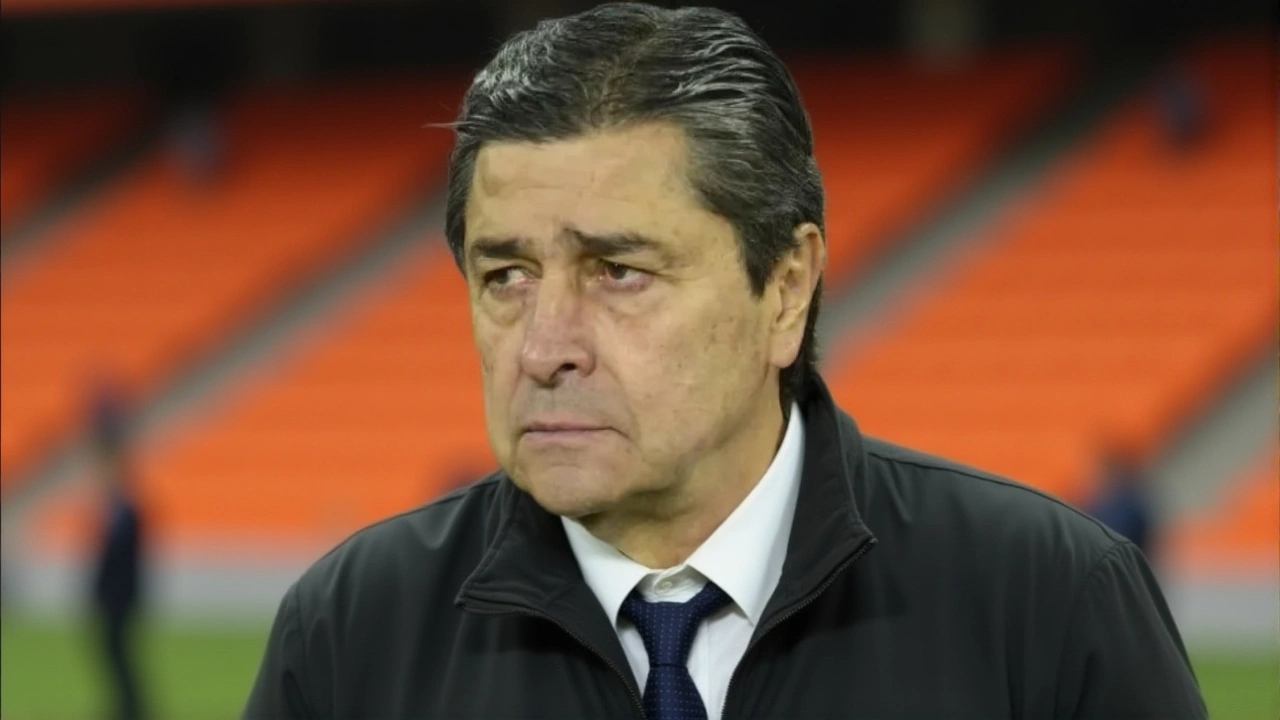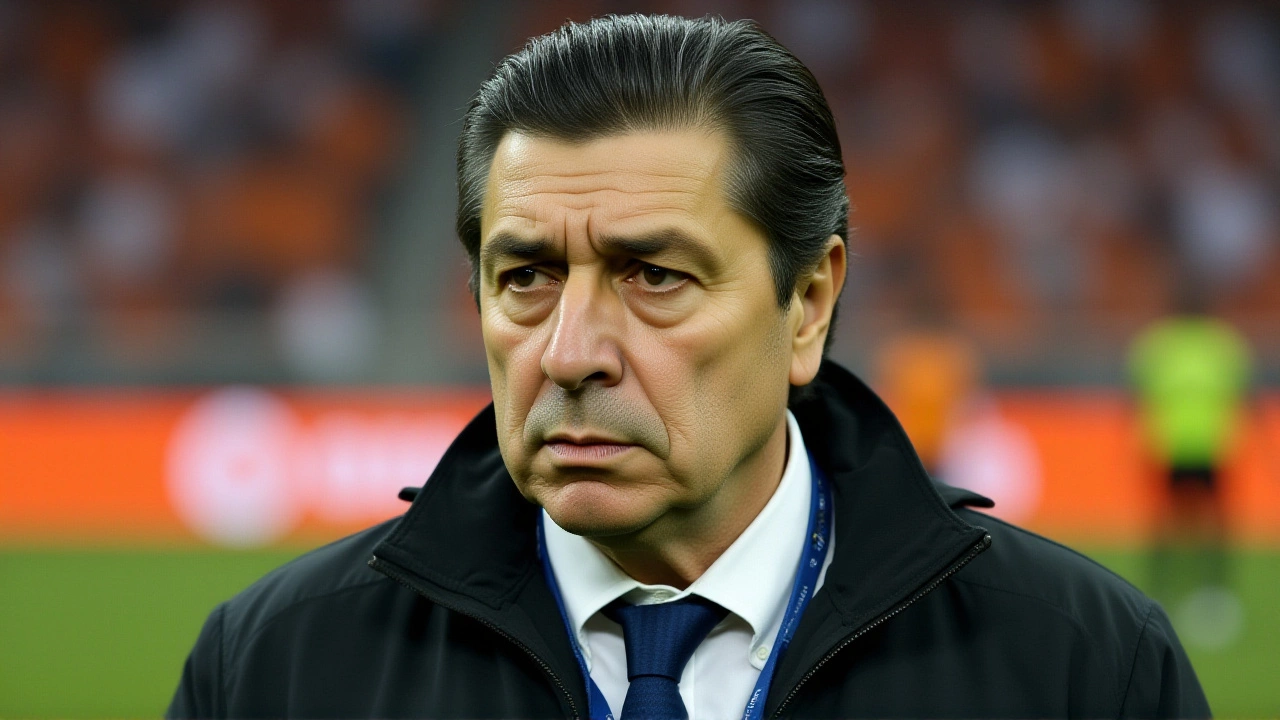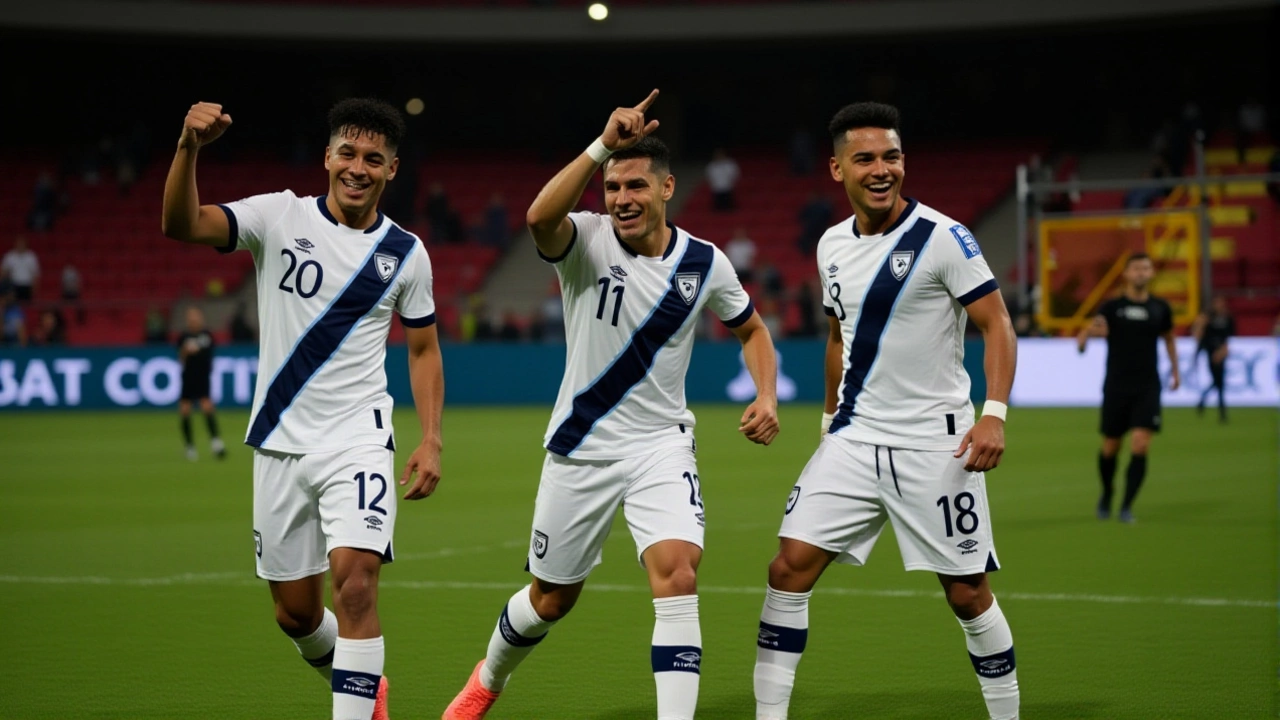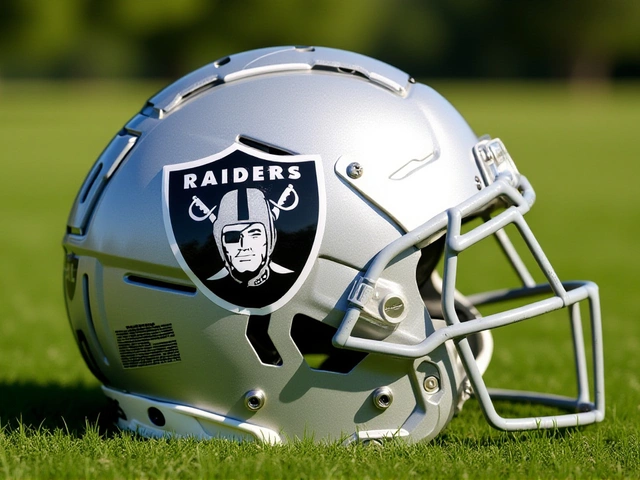Guatemala celebrated a hard-fought 3-1 victory over Suriname on November 18, 2025, at Estadio Manuel Felipe Carrera in Guatemala City — but the win meant nothing for their World Cup dreams. While the home crowd roared for Darwin Lom, Olger Escobar, and Óscar Santis, who scored in the 49th, 57th, and 65th minutes respectively, the result couldn’t save Guatemala from elimination. Meanwhile, Suriname, despite the loss, secured a historic spot in the inter-confederation play-offs — their first-ever path to the 2026 FIFA World Cup. The final whistle blew at 90+6 minutes, but the real story had already been written hours earlier, when Panama’s draw sealed Guatemala’s fate.
Why the Win Didn’t Matter
By the time Guatemala kicked off against Suriname, their fate was already sealed. Panama had already clinched top spot in CONCACAF Third Round Group A with 12 points from six matches — three wins, three draws, no losses. That meant only one spot remained: second place, which would send the runner-up to the inter-confederation play-offs. Suriname entered the match with nine points, one ahead of Guatemala’s eight. Even if Guatemala won by five goals, they couldn’t overtake Suriname on goal difference. The match became a formality — a farewell for a team that had fought hard but never quite found consistency.
Guatemala’s previous five matches had been a rollercoaster: a 1-1 draw against Suriname in October, a 2-1 loss to El Salvador in July, and three other draws and narrow defeats. They showed flashes — especially at home — but lacked the defensive discipline to hold leads. Their final match was a redemption arc, not a comeback. And when Óscar Santis tapped in his second goal of the campaign, it wasn’t just a goal — it was a sigh of relief for a squad that knew the scoreboard wouldn’t change their destiny.
Suriname’s Historic Leap
For Suriname, this was monumental. A nation of fewer than 600,000 people, with a football tradition rooted in Dutch colonial ties and Caribbean flair, had climbed from obscurity to the cusp of the World Cup. Their journey began with three straight draws — against Panama, El Salvador, and Guatemala — a sign of resilience, not just luck. By November, they’d added two wins to their record, including a 2-1 triumph over El Salvador in September that proved they could win under pressure.
Even in defeat on November 18, their fans celebrated. A YouTube comment under the match highlights captured it: “Ohh... I’m very disappointed. The first thing I did when I woke up was check the results. But brothers from Suriname, don’t give up and...” — the sentence trailing off, but the meaning clear. They didn’t need to win. They just needed to finish second. And they did.
Suriname’s advancement means they’ll face a team from Asia, Africa, Oceania, or South America in March 2026 for one of two remaining World Cup spots. It’s a chance few thought possible. Their coach, Jerry St. Juste, has quietly built a side that plays with grit, pace, and tactical discipline — a far cry from the underdogs of five years ago.
The Discrepancy in Goalscorers
Here’s where things got oddly messy. ESPN listed Óscar Castellanos, Luis Morán, and Stheven Robles as Guatemala’s scorers. Sofascore, meanwhile, credited Lom, Escobar, and Santis. FIFA Plus later confirmed the latter trio in their official highlights. The discrepancy remains unexplained. Was it a misidentification? A delayed goal confirmation? Or perhaps a technical glitch in the live data feed? No official statement has been issued. In football, goal attribution matters — for player stats, contracts, even national pride. But in this case, the confusion faded into the background. What mattered was the result: three goals, one win, and a dream kept alive for Suriname.

What This Means for CONCACAF
This group structure was unusual. Unlike other CONCACAF groups, Group A had no third direct qualifier — only the winner went straight to the World Cup. That meant Suriname’s nine points were enough to leapfrog Guatemala’s eight, even though both teams had identical win totals. Panama’s consistency (three wins, three draws) was the difference-maker. But Suriname’s ability to grind out draws against stronger sides — and then win when it counted — showed how far they’ve come.
Meanwhile, El Salvador finished with just three points, their worst qualifying campaign in over a decade. Haiti, meanwhile, couldn’t even play at home. With 85% of Port-au-Prince controlled by gangs, their entire campaign was played on foreign soil — a grim reminder that football doesn’t exist in a vacuum. Their absence from the group didn’t go unnoticed. Many fans wondered: if Haiti had been able to host, could they have disrupted Panama’s run?
What’s Next?
Suriname will now prepare for the inter-confederation play-offs in March 2026. Their opponents aren’t yet known — but they’ll face a team from Africa, Asia, Oceania, or South America. A win there means a ticket to the World Cup. A loss? Back to the drawing board — but with newfound credibility.
For Guatemala, the focus shifts to the 2027 CONCACAF Gold Cup qualifiers and the ongoing CONCACAF Nations League. They’ll need to rebuild. Their core — Lom, Escobar, Santis — are young. But the coaching staff must address defensive lapses and inconsistency. A 3-1 win over Suriname won’t be remembered as a triumph. But it might be the spark they need.

Behind the Numbers
- Suriname’s 9 points: their highest ever in World Cup qualifying
- Guatemala’s 8 points: their best since 2018 qualifying
- Panama’s 12 points: only team in Group A to remain unbeaten
- Suriname’s goal difference: +3, best among non-winners
- El Salvador’s -9 goal difference: worst in the group
And then there’s the own goal — Nicolás Samayoa’s 90+3’ mistake, which felt more like a symbol than a score. A last gasp for Suriname, a final gift for Guatemala’s fans. But even that couldn’t change the outcome. The script had already been written.
Frequently Asked Questions
How did Suriname qualify for the inter-confederation play-offs despite losing to Guatemala?
Suriname entered the final match with nine points from five games, one point ahead of Guatemala. Even with a loss, their superior goal difference (+3) and head-to-head record against Guatemala (two draws) ensured they finished second. Panama’s earlier win over El Salvador mathematically locked Suriname into second place before kickoff, making the final result irrelevant to qualification — only symbolic.
Why didn’t Guatemala qualify even though they won their final match?
Guatemala’s 8 points weren’t enough to overtake Suriname’s 9, regardless of the result. Panama had already secured top spot with 12 points, and only the group winner qualified directly. The second-place team advanced to the play-offs — but no third team could qualify from this group. Guatemala’s win was a moral victory, not a mathematical one.
What’s the significance of Suriname reaching the inter-confederation play-offs?
This is the first time Suriname has ever advanced beyond the CONCACAF qualifying stage. They’ve never reached a World Cup finals. Making the play-offs puts them within one win of the tournament — a historic breakthrough for a nation with limited football infrastructure and resources. Their players, mostly based in the Netherlands, now have a real shot at global recognition.
Why were there conflicting reports on who scored for Guatemala?
ESPN initially listed different scorers — Castellanos, Morán, Robles — while Sofascore and FIFA Plus confirmed Lom, Escobar, and Santis. The discrepancy likely stems from delayed or mislabeled data feeds during live updates. FIFA Plus, as the official source, later corrected the record. Such errors are rare but not unheard of in high-pressure international matches with multiple data providers.
What happens if Suriname wins their inter-confederation play-off?
If Suriname wins their two-legged tie in March 2026, they’ll qualify for the 2026 FIFA World Cup — becoming the smallest nation ever to reach the tournament by population. They’d join Canada, Mexico, and the United States as the only CONCACAF teams at the finals. Their path would be historic: from a Caribbean nation with no home stadium for major games to the world’s biggest stage.
How did Haiti’s situation affect the group?
Haiti was forced to play all six matches away due to gang violence in Port-au-Prince, which controlled 85% of the capital. They lost all six games and finished with zero points. Their absence created a more competitive group, as they were expected to be the weakest side. Without them, Suriname and Guatemala had more opportunities to earn points — but it also meant Haiti’s entire campaign was overshadowed by security issues, not football.




